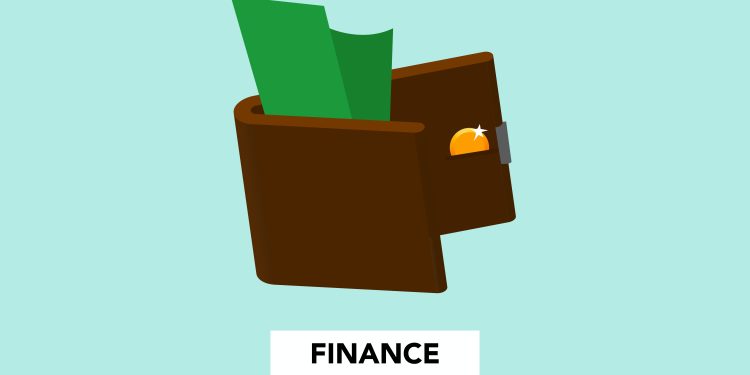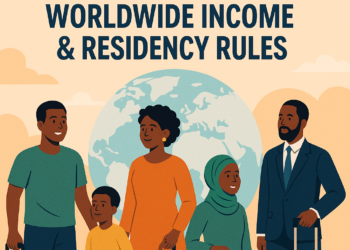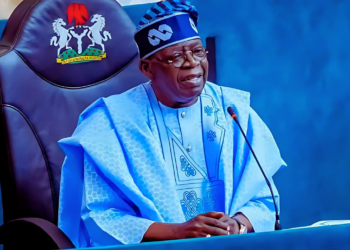The economic landscape in Nigeria is a cause for growing concern among experts who foresee challenging times for its citizens. Amidst ongoing uncertainties, economic experts are raising cautionary flags about the potential hurdles that Nigerians might face in the foreseeable future.
Grim Forecast and Growing Worries: As the dust settles, economic pundits are bracing for a possible worsening of conditions that could further strain the livelihoods of Nigerians. Experts’ assessments indicate that the road ahead might be marked by obstacles before any semblance of relief could be attainable, if at all.
Gloomy Economic Prospects: Notably, KPMG Nigeria’s recent revision of the country’s economic forecast to 2.65%, down from the previous 2.85%, underscores a bleaker economic outlook. This revision signifies a looming challenge for Nigeria’s populace.
Pressing Factors and Their Impact: Various factors, including the reduction in the first-half GDP growth to 2.41% and the need for a substantial average growth of 3.30% in the second half to meet the earlier projection, are painting a grim picture. This uphill task could potentially prolong economic struggles for Nigerians.
Policy Changes and Consequences: The second half of 2023 has witnessed significant policy shifts, including subsidy removal and foreign exchange (FX) unification. These decisions, while aimed at reform, have caused a ripple effect by tightening household spending, escalating operational costs for businesses, and dampening private investment prospects.
Governance Transition Hurdles: With the transition of administrations at both federal and state levels, restrained government investment in the economy during the second and third quarters of 2023 is a prevailing challenge. This could prolong economic turbulence.
Oil Industry Setbacks: Nigeria’s oil sector is grappling with ongoing contraction, as evidenced by the sector’s decline of -13.43% in the second quarter of 2023. The challenges in oil production have rippling effects on the nation’s economic stability.
Inflationary Pressure: The anticipation of escalating inflation in the third quarter of 2023 could amplify the burdens on citizens, impacting real GDP growth and the cost of living.
Experts’ Cautious Views
Experts are sharing their insights, amplifying the growing concerns:
- Energy analyst Dan Kunle emphasizes the necessity of overcoming the dearth of investments in Nigeria’s oil industry. A concerted effort to address both investment barriers and crude oil theft could be pivotal in mitigating the downward spiral of oil production and its implications.
- Bernard Looney, CEO at BP, accentuates the urgency of oil and gas investments as a catalyst for effective energy transition. He stresses the importance of striking a balance between oil and gas production, preventing price volatility, and steering the energy shift towards sustainable practices.
Gloomy Predictions for the Future
Given the trajectory of Nigeria’s economy, economic experts project a challenging path ahead for its citizens.
With factors such as policy shifts, governance transitions, and industry setbacks intertwined, the potential for further economic strain looms large.
It is likely that the hardships could intensify before any tangible relief is achievable, if at all, in the near future.
As Nigerians navigate these tough times, the resilience of the population and the efficacy of strategic interventions will play a pivotal role in shaping the nation’s economic trajectory.












